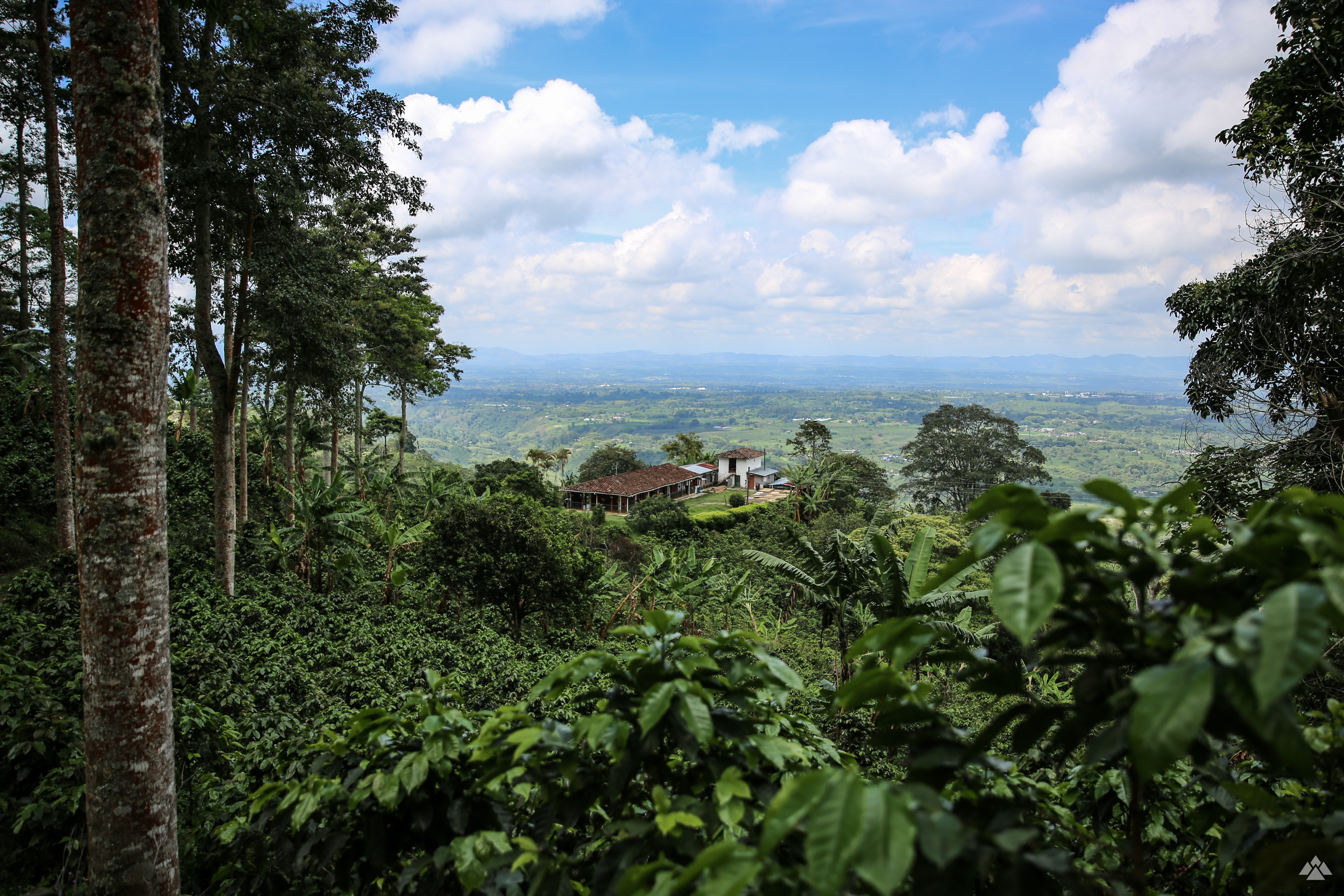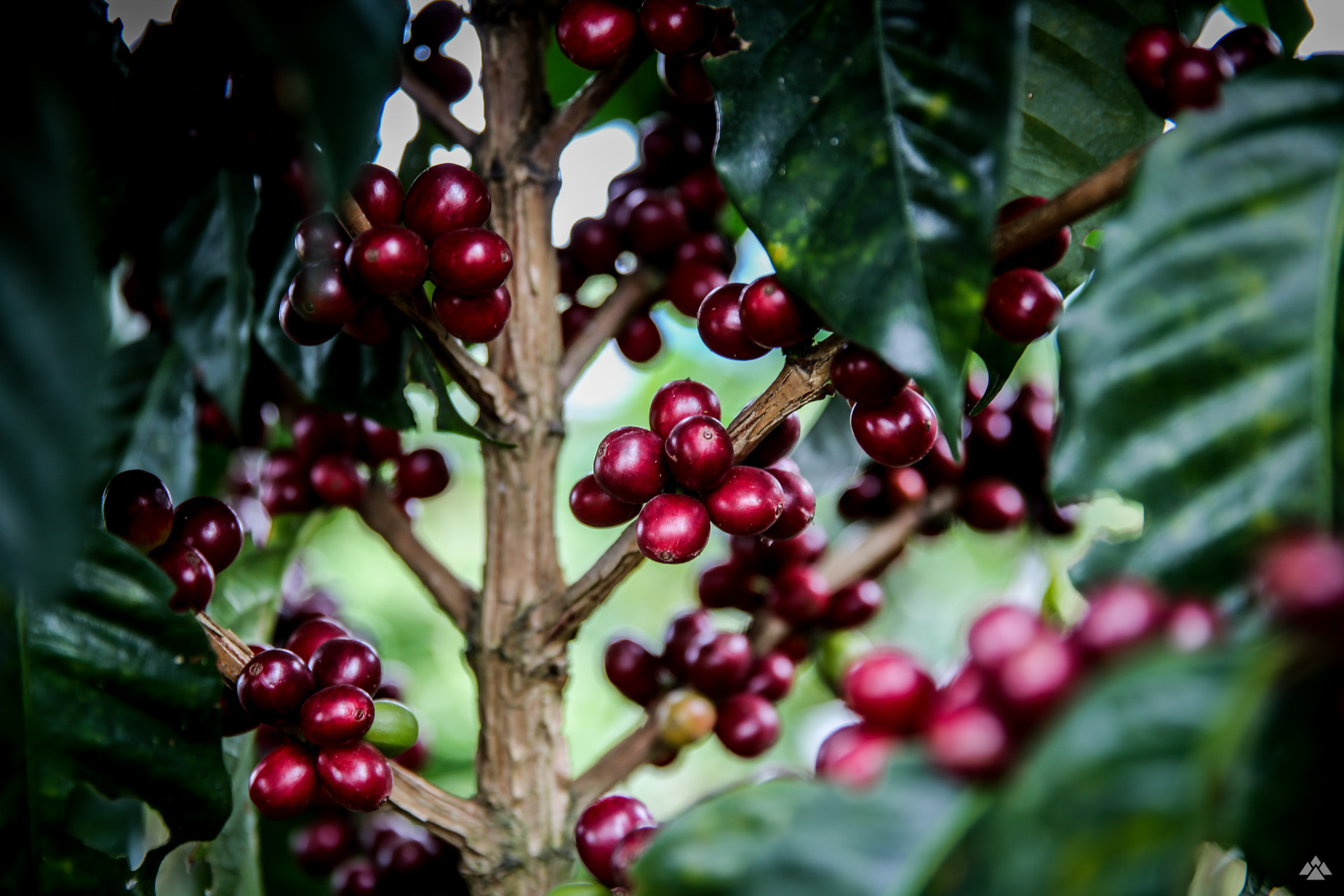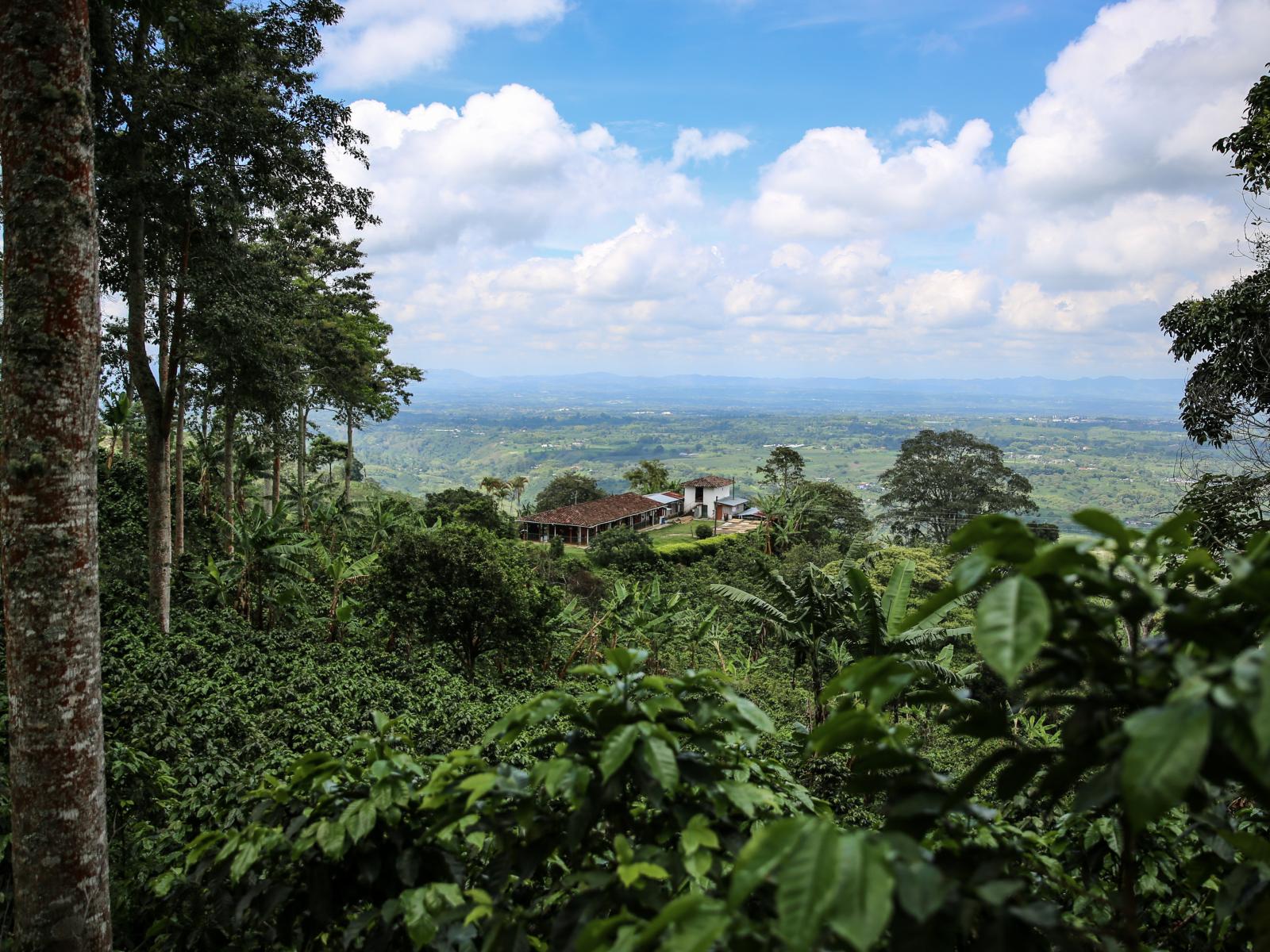An Overview Of Our Solution
- Population Impacted:
- Continent: South America
Organization type
Population impacted
Size of agricultural area
Production quantity
People employed
Describe your solution
Describe your implementation
External connections
What is the environmental or ecological challenge you are targeting with your solution?
Describe the context in which you are operating
The largest challenge to coffee producers that we are working to resolve is the low and unpredictable price they can sell raw coffee for. The normal market price changes daily, and falls below the cost of production at times with dire results.
Coffee mills are where farmers process their harvested coffee cherries. They remove the pulp, ferment, wash, and dry them over some weeks to become "parchment" coffee. After dry milling and sorting we have green beans that are bought by importers and roasted up for you to enjoy. If this process is handled carefully and done with the correct equipment, the coffee can be rated so highly it enters the specialty coffee market, where prices can be fixed, predictable, and sustainable.
Not everyone has access to this market though. To control all the variables in processing and own all the equipment is expensive. Because of this, many farmers in Colombia cannot process their coffee at a high standard and live not being sure if they’ll profit from their crop. On top of this, a lot of great coffee is never seeing its potential.
How did you impact natural resource use and greenhouse gas emissions?
Language(s)
Social/Community
Water
Food Security/Nutrition
Economic/Sustainable Development
Climate
Sustainability
To be able to start the construction of the wet mill, we relied on a Kickstarter to raise funds necessary. The revenues from the coffee sold from this mill will pay to maintain its operation, along with the sale of coffee from the El Fénix farm where the mill is located.
Return on investment
Entrant Image

Entrant Banner Image

